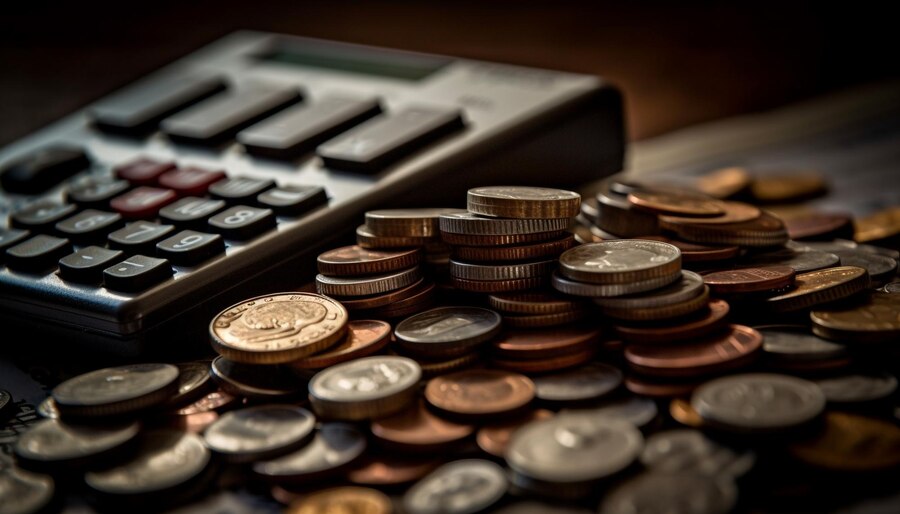Table of contents
In recent years, CBD (cannabidiol) has emerged as a popular natural alternative for treating various health conditions, including chronic pain, anxiety, insomnia, and inflammation. But how does the Cost-Effectiveness of CBD stack up against traditional pharmaceutical treatments? As healthcare costs continue to rise, understanding the financial implications of choosing CBD over conventional options is more important than ever. This article dives deep into the cost comparison, effectiveness, and benefits of incorporating CBD into your wellness routine.
Understanding the Cost of Traditional Treatments

Traditional medical treatments often come with substantial financial burdens. Here’s what typically contributes to the overall cost:
- Doctor Visits: Regular consultations are often required.
- Prescription Medications: Monthly refills add up quickly.
- Side Effect Management: Treating the side effects of medications (like stomach issues, addiction, or fatigue) often requires additional drugs.
- Insurance Costs: Co-pays, deductibles, and out-of-pocket expenses increase the overall cost.
- Missed Work: Managing chronic conditions with pharmaceuticals sometimes leads to sick days or reduced productivity.
All these factors make traditional treatments expensive in both direct and indirect ways.
The Cost-Effectiveness of CBD

When evaluating the Cost-Effectiveness of CBD, several points stand out:
- One-Time or Monthly Purchases: High-quality CBD products often last a month or longer with consistent use.
- Fewer Side Effects: CBD generally causes fewer side effects, reducing the need for additional medications.
- No Ongoing Doctor Visits: Many CBD users self-manage their intake without frequent doctor visits (though consulting a healthcare provider initially is recommended).
- Improved Quality of Life: By addressing multiple symptoms at once (such as pain and anxiety), CBD can enhance daily function and productivity.
- Accessibility: CBD products are widely available without needing a prescription in many regions.
In many cases, individuals find that using CBD is a more affordable long-term solution compared to traditional medications and therapies.
Comparing the Cost of CBD vs. Traditional Treatments
| Aspect | CBD | Traditional Treatments |
|---|---|---|
| Initial Cost | Moderate (depending on product) | Low (with insurance) |
| Long-Term Cost | Lower (fewer doctor visits and add-on treatments) | Higher (multiple medications, continuous doctor visits) |
| Side Effect Management | Rarely needed | Often needed |
| Risk of Dependency | Very low | Moderate to high |
| Accessibility | Widely available | Prescription required |
While CBD may appear costly upfront, its long-term cost savings are significant, particularly for individuals using it to manage chronic conditions.
How to Maximize the Cost-Effectiveness of CBD
To get the best value from your CBD use:
- Choose Full-Spectrum Products: They contain more beneficial cannabinoids and terpenes.
- Buy in Bulk: Larger bottles or bundles often come with discounts.
- Monitor Dosage: Start with the lowest effective dose to avoid unnecessary expenses.
- Use Reputable Brands: Ensure you’re getting potent, tested products that actually deliver the intended effects.
- Watch for Sales: Many brands offer seasonal promotions and subscription discounts.
Being strategic about purchasing CBD can further enhance its cost-effectiveness over time.
FAQs About the Cost-Effectiveness of CBD
Yes, many users find that the cumulative cost of CBD over months or years is lower than traditional pharmaceutical treatments, especially when factoring in side effects and doctor visits.
Currently, most health insurance plans do not cover CBD products because they are not FDA-approved as medications.
Not usually. However, buyers should be cautious of poor-quality products that require higher doses to achieve effects, leading to greater expenses.
Compare the cost per milligram of CBD and read reviews for product effectiveness. A lower price per mg with verified effectiveness usually indicates good value.
Often, yes. Full-spectrum products may provide the “entourage effect,” making them more efficient at lower doses compared to isolates.
Final Thoughts
When evaluating the Cost-Effectiveness of CBD compared to traditional treatments, it’s clear that CBD offers an affordable, low-risk alternative for many health concerns. While it might require an upfront investment, the long-term savings—both financially and in terms of improved quality of life—can be significant. As always, it’s essential to purchase from trusted sources, monitor your results, and consult a healthcare professional when necessary.
Choosing CBD could be a wise, cost-conscious decision that not only benefits your wallet but also supports your holistic wellness journey.





